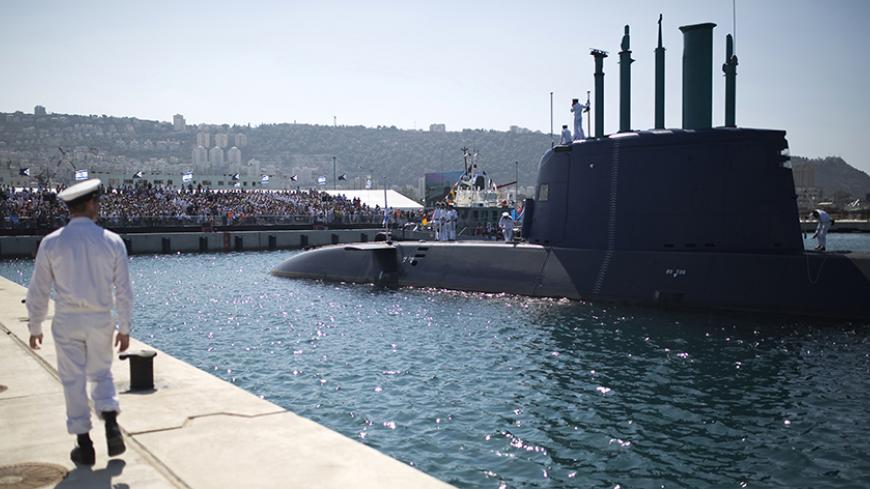The fierce debate on the Iran deal focuses on the near future, a decade at best. In any realistic analysis of Middle Eastern resources and ambitions, it is likely that the leading regional powers — Iran, Saudi Arabia or even Egypt and Turkey — may, in the long term, acquire or develop nuclear weapons. The No. 1 challenge for the Middle East may then be to create a regional system where the use of nonconventional weapons is phased out.
According to an Israeli nuclear expert with extensive firsthand experience on these matters, who spoke to Al-Monitor on condition of anonymity, “It may be time for Israel to think in new terms of the existence of nuclear weapons in the hands of Arab and other Muslim countries. With time, a system of mutual nuclear deterrence, backed by the United States, may become necessary. The US should formally guarantee Israel’s strategic edge in the region. In parallel, Washington should aspire for a regional security agreement which would include regional coordination over prohibiting the use of nonconventional weapons — nuclear, chemical and biological — or for that matter, conventional weapons.” The expert added that talks to this effect took place within the Arms Control and Regional Security working group in the mid-1990s, which was one of five multilateral working groups established as part of the Madrid Conference process.



